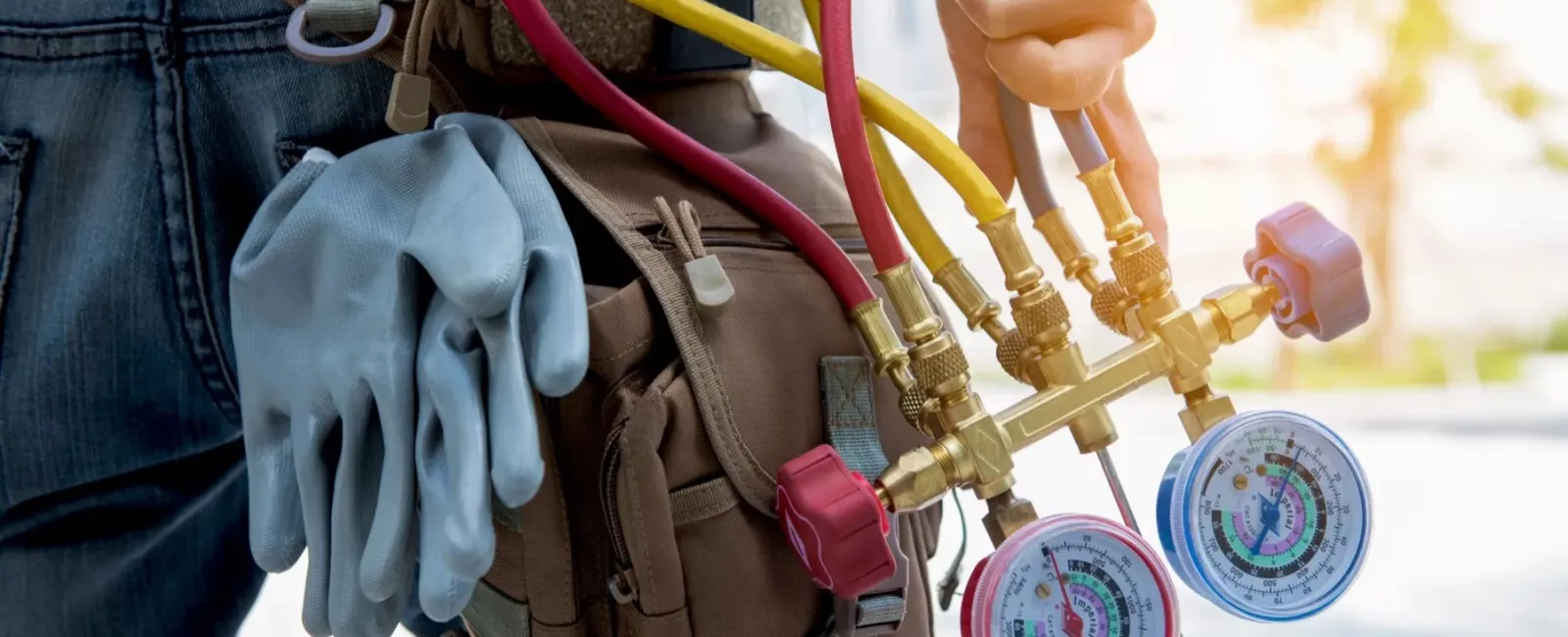A high utilities bill can be a point of frustration for any homeowner or renter. When your electricity bill spikes, it's natural to want to figure out why—and to make changes that will save you money on this bill in the future.
A high electricity bill can be caused by many different factors—and oftentimes, your bill may be inflated by several different contributing factors. If you're trying to figure out what causes your electric bill to be high, here's an overview of the possible reasons why—and what you can do to fix the issue.
Why is My Electric Bill So High?
In most cases, a high electric bill is a reflection of your electricity usage during your recent billing period. When you're spending more time at home, and/or using more energy to heat or cool your home, the cost of your electricity bill will inevitably increase.
In some cases, though, the reason your electricity usage suddenly increased could be due to billing changes by your electricity provider. Some utilities companies charge higher rates for electricity used during peak hours, in an effort to level out energy consumption and alleviate the burden placed on the local electrical grid. It's also possible that your electricity provider may have increased pricing for all customers, which will increase your electricity bill even if you lifestyle and usage are unchanged.
If you have questions about the amount you're being charged for electricity, or if you feel that the current rate being charged for electricity is too expensive, you can always contact your electricity provider for more information.
Why is My Energy Usage So High?
If your electric bill increase causes are tied to your energy usage, your best options for reducing your monthly bill all start with your home and how it is using energy.
In most cases, high energy usage is likely caused—at least in part—by one of the following factors:
- Increased time spent at home. The more you're at home, the more electricity you will inevitably use.
- Appliances that hog energy. Major appliances such as your furnace, air conditioner, dishwasher, laundry machine, and refrigerator all require a lot of energy whenever in use.
- Inefficient light bulbs and other appliances. Switching from incandescent to LED bulbs can make a measurable impact in your electricity bill. Likewise, older appliances like vacuum-tube TVs consume far more electricity than newer flat-screen TVs.
- Poor insulation. If your home is lacking insulation, it will struggle to heat and cool your home—which will affect heating and cooling costs even if your HVAC units are in excellent working order.
My Electric Bill Doubled This Month: 5 Possible Reasons Why
If you suddenly see a big jump in your electric bill—either from one month to the next, or when comparing your most recent electricity bill to your bill from the same period last year—the cause for this increase can likely be found on a short list of possibilities. Here are five possible high electric bill causes that might be affecting your home:
- Your heating or cooling needs have dramatically increased. Heat waves—or, if you have an electric furnace, cold spells—can take your environment from temperature to extreme literally overnight. That can cause you to heavily rely on energy-guzzling appliances that may not have been used regularly during the previous billing period.
- A heating or cooling appliance is working, but malfunctioning. Mechanical problems with a furnace or air conditioner can cause them to run constantly to keep up with heating and cooling While the appliances may still be running and showing no external signs of an issue, their inefficient heating and cooling may require a visit from an HVAC specialist.
- Your home's appliances are guzzling energy—even when you aren't using them. Many modern appliances—such as those connected to Wi-Fi, or those operating in standby mode—continue to use power even when they're shut off. If you've replaced kitchen appliances, increased the number of plugged in gadgets in your home, or are simply using these appliances more regularly in your home, the sum of this energy consumption can make a big difference. One solution is to set up more of your appliances to light switches or breakers that can be shut off when not in use, eliminating this idle energy usage.
- Your appliances are older and/or don't conform to energy-efficient standards. If you've moved into a home with older appliances, or you've increased your seasonal use of certain appliances that aren't Energy Star-certified, you're likely paying through the nose for electricity to keep these machines running. On top of that, most appliances become less energy efficient over time, as wear and tear affects their performance. This can lead to big swings in your utilities bills during months where those appliances are regularly used.
- Thermostat issues. An older thermostat, or a thermostat that's malfunctioning when reading your home's internal temp, can lead to overuse of major home appliances. If your thermostat is the culprit, you might save money by upgrading to a smart thermostat, which will offer more eco-friendly—and utilities-friendly—management of your indoor air temperature.
Don't let high electricity bills drain your bank account. If you suspect your HVAC system is causing a spike in your utilities bill, schedule a visit from a heating and cooling specialist today.

